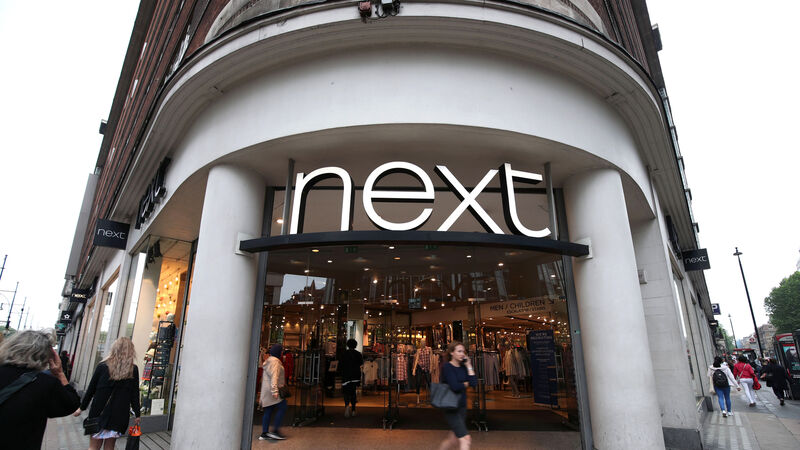Next joins Zara and H&M in lifting the Covid-19 retail gloom

Next has raised its outlook twice since the height of the pandemic. In April, the retailer’s worst-case scenario was a loss of £150m and its midpoint was for no earnings. In July, it upgraded the outlook after stores reopened.
Next raised its outlook for a second time since coronavirus lockdowns shut its stores, joining fashion chains Zara and H&M in reporting better-than-expected recoveries.
The retailer now expects a pretax profit of £300m for the year, higher than the midpoint of the company’s previous forecast of £195m.











